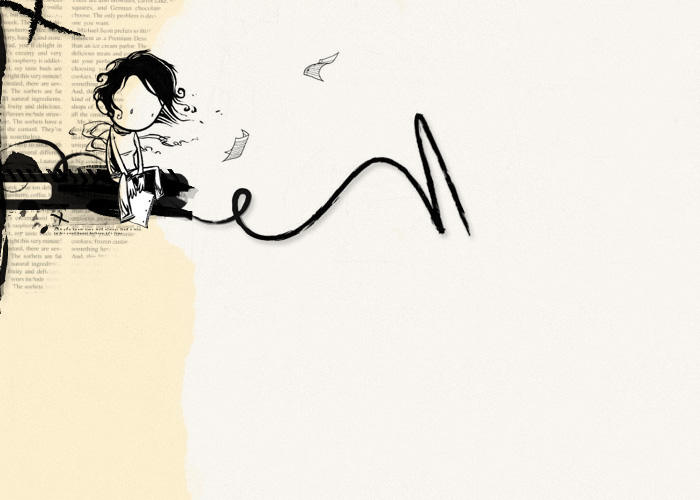Write Drunk, Revise Sober
Tuesday, March 30, 2010 . 1:20 PM
Hair of the Dog - 3/30/10
Want to create a strong villain? Think of Robert Frost's poem "The Road Not Taken." Try writing about a singular traumatic event that put the villain on the road to villainy. Where the hero might have reacted one way, the villain reacts another, and that "made all the difference" as the poem says.
0 comments

